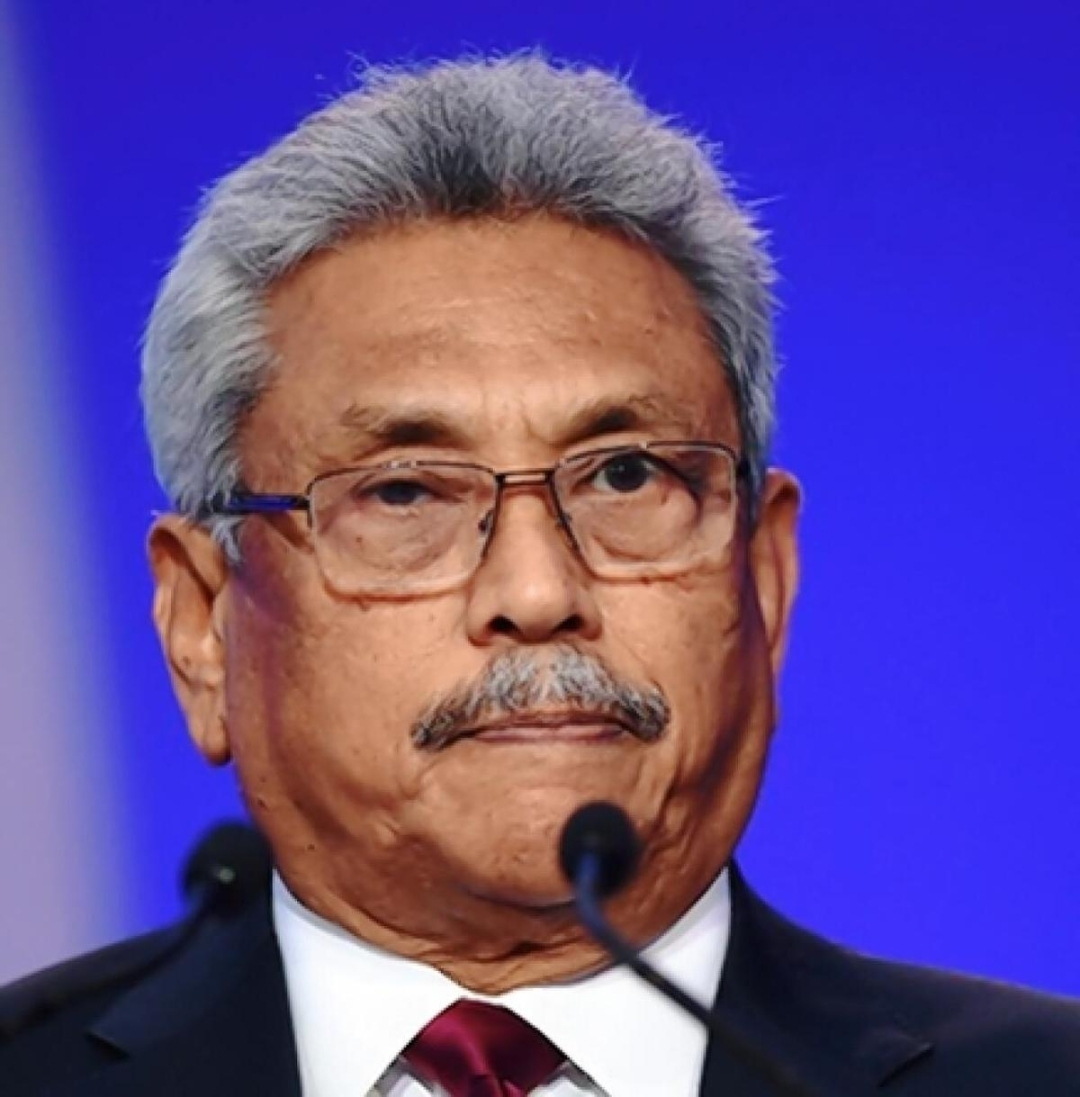Constitutional amendment: Axing Executive Presidency to start

The proposed 21st Amendment Bill presented to Parliament by the main Opposition Samagi Jana Balawegaya (SJB) was gazetted last Friday (6).
The gazetting of the proposed 21st Amendment to the Constitution has now put into motion the moves to repeal the controversial 20th Amendment and revert to an advanced form of the previous 19th Amendment, as well as the abolition of the Executive Presidency.
Once the Bill is gazetted, it could be tabled in Parliament in one week, which in this case could be on 17 May. Afterwards, a one-week period is given for the piece of legislation to be challenged before the Supreme Court and the Court is granted a period of three weeks to make its determination in such an event.
However, in the case of the proposed 21st Amendment Bill presented by the SJB, it would have to be sent to the Government for approval since it is a private members’ motion. The Government is granted a period of six months to respond to the proposed legislation.
Nevertheless, the Prime Minister, who is the final authority in the matter, could respond to the proposed Bill much earlier than the permitted six month period.
However, there is also another draft 21st Amendment Bill that was presented to Parliament by the dissidents’ group, and the Government is also in the process of formulating a separate 21st Amendment to the Constitution following a proposal by Prime Minister Rajapaksa.
A Cabinet Subcommittee is currently drafting the Bill and the amendment mooting by Prime Minister Rajapaksa is to contain positive aspects of the 19th and 20th Amendments.
